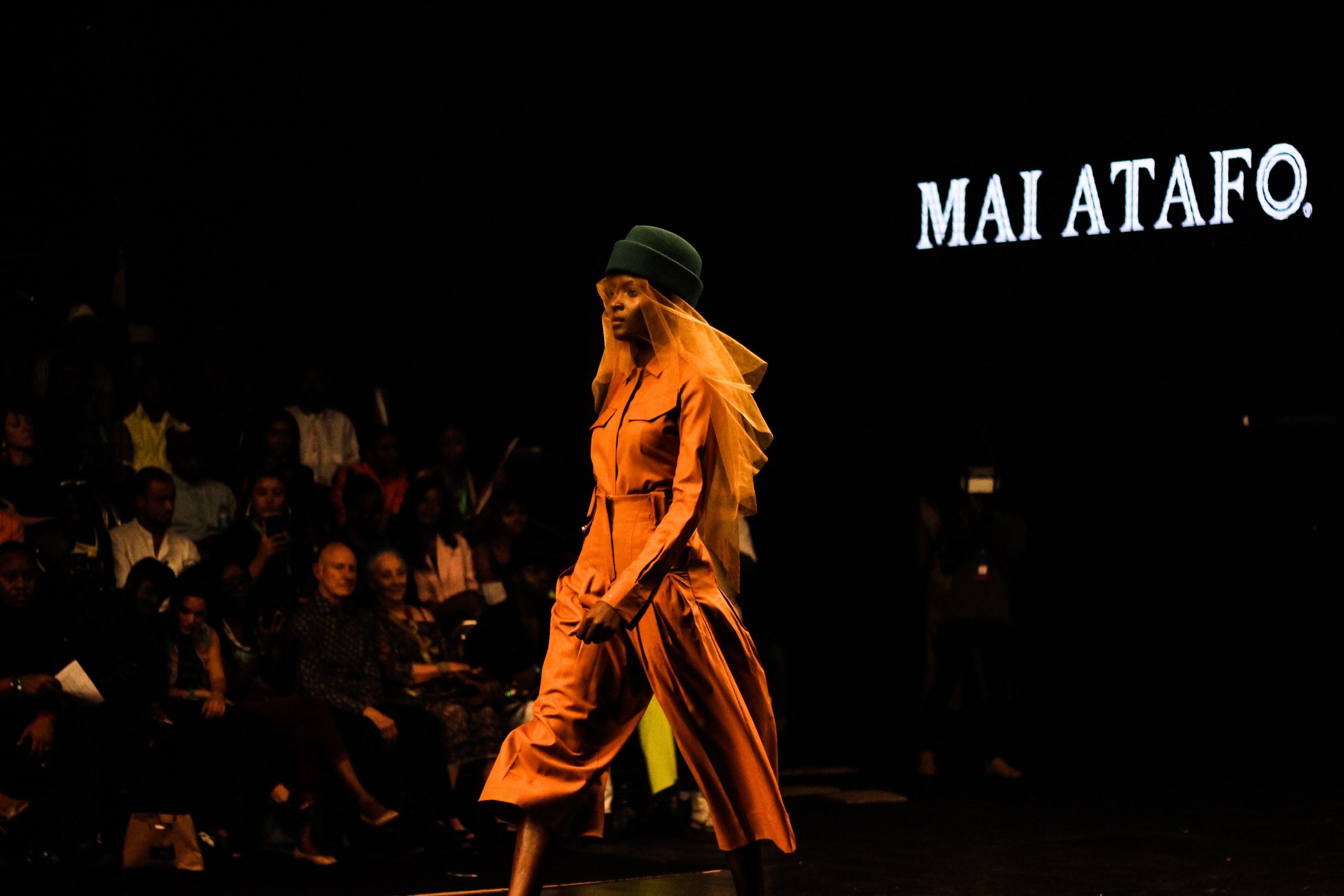The advent of AI has altered many aspects of human existence, from the workplace to the wardrobe. The fashion industry in Africa is also undergoing a period of profound change due to the introduction of new technologies. The desire to maintain international competitiveness in the fashion industry has been a primary motivator for the new environment that has emerged due to AI's impact on African fashion.
Personalization is at the forefront of AI's impact on the African fashion industry. Fashion designers are using AI to make one-of-a-kind pieces for each buyer. AI algorithms are deduced by customers' fashion tastes that are then used to recommend designs. African consumers are increasingly drawn to this movement to express their unique identities and take political stands.
The use of sustainable materials is another AI-driven trend in African apparel. Conventional wisdom is that the fashion business has a significant detrimental effect on the environment, but advances in AI are beginning to alter this picture. Sustainable, eco-friendly, and waste-minimizing designs are being developed with the help of AI-powered solutions. Algorithms developed by AI are being put to use in the quest for more eco-friendly and aesthetically pleasing architectural and interior design. In Africa, where people are beginning to feel the effects of climate change, this tendency takes on further significance.
Moreover, with AI-driven solutions, designers are exploring untried combinations of materials, finishes, and hues to produce truly one-of-a-kind creations. In particular, AI algorithms are used to analyze data from many sources, including social media and fashion blogs, to spot developing trends and develop forward-thinking designs. This is a major movement in the fashion industry. Still, it is especially significant in Africa, where designers are trying new things and pushing away from the constraints of conventional style.
The need to maintain a foothold in the international fashion industry is a primary motivator for using AI in the African design industry. The world's fashion business has mostly ignored Africa despite the continent's extensive and varied fashion history. Nevertheless, with the help of AI, African designers will be able to produce designs that stand out from the crowd and win over customers worldwide. African designers may benefit from AI-driven solutions to ensure their designs are on trend with the rest of the world.
Regarding AI, inputting a text prompt yields diverse outputs, requiring exploration through various levels until the desired result is obtained. Controversies have arisen concerning AI's racial and gender biases. Facial recognition technology exhibits reduced accuracy on Black skin compared to White, and AI systems for detecting skin cancer have mainly been trained on White skin. Additionally, AI-generated art can mirror the cultural biases prevalent in internet images.
In the realm of fashion tech, numerous prospects await Africa's youth, offering the potential to revolutionize the continent's industry and provide a much-needed boost to the creative economy. One notable example is Nessiam, a Moroccan startup specializing in inclusive lingerie tech. Recently, they secured equity funding of US$306,000 (3 million Dirhams) from CDG Invest, the investment arm of CDG Group, through the 212 Founders programme. Nessiam offers a diverse and specialized line of lingerie to cater to the needs of all women, ensuring that appealing and high-quality innerwear is accessible to women at a reasonable price.
AI is significantly impacting the African fashion sector and ushering in several changes. Artificial intelligence is propelling forward-looking movements like personalization, sustainability, and innovation. The pressure to succeed in the international garment industry is crucial in this new setting. African designers now have access to AI-driven tools that allow them to produce really original and cutting-edge designs that can compete on a global stage. Artificial intelligence is changing how we dress and opening up new doors for African designers to share their work with the world. Regarding African clothing, the future is bright, and AI will play a crucial part in getting it there.


Login to join the discussion